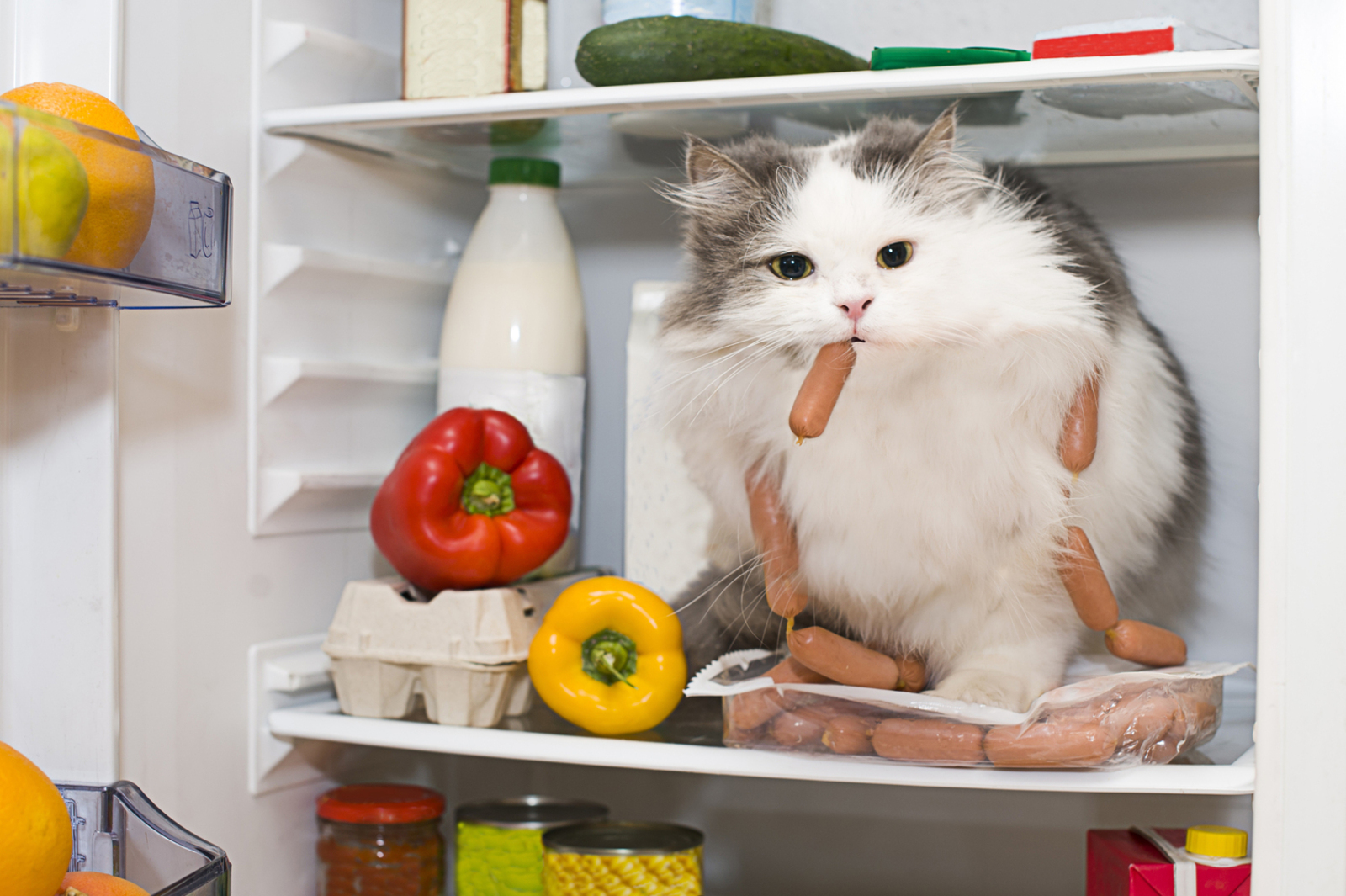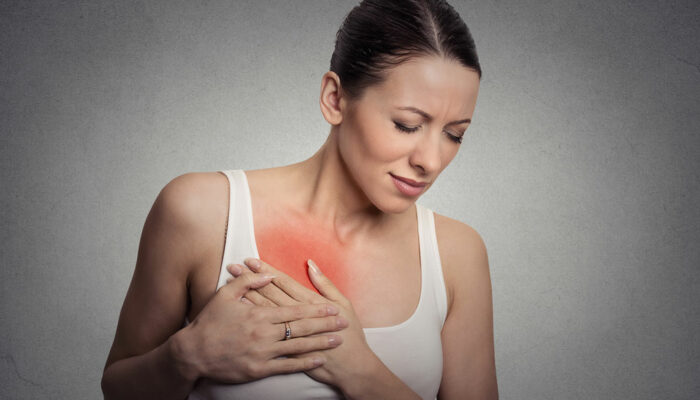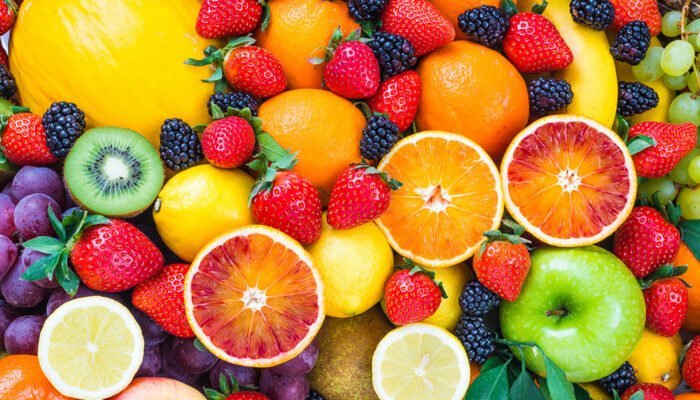
Human Foods That Are Toxic for Cats
It is never a good idea to feed cats human food because they have different digestive systems than humans and many foods are too fatty and rich for them to properly digest. You may think a few bites here and there are purrfectly innocent, but the wrong foods can contribute to feline obesity, allergies, arthritis, diabete mellitus, and in worse cases, food toxicity and death. Here are five human foods that may be toxic for cats:
1. Raw eggs and raw meat and bones
When it comes to raw, uncooked eggs, consuming them may result in salmonella infection in cats. This can cause bacterial infections that result in diarrhea and vomiting. Raw meat is another type of food product that cat’s shouldn’t consume. Even though cats are carnivores, when it comes to raw meat from the grocery store, it’s important to note that it’s meant to be cooked and consuming it raw can also cause exposure to salmonella, E.coli, and other types of food poisoning. Feeding your cat cooked meat, like chicken or turkey, is ok when it’s cooked to a safe temperature and kills any harmful germs that may be present. Meat should also contain no seasonings when fed to pets. Cooked bones should never be given to pets either. This is because they may become brittle and can break into small pieces or shards. These pieces can cut your pet’s mouth and digestive system, or cause a choking hazard.
2. Chocolate
The theobromine content of chocolate makes it toxic to both dogs and cats. Cats are unable to properly break down the substance, which can cause them symptoms of vomiting, seizures and diarrhea. While many cats won’t eat it on their own, they may accidentally consume it if coaxed by their owner who thinks they are giving their pet a special snack.
3. Onions and garlic
The toxic components of garlic and onions are from the liliaceae family. All of the plants, including the seeds and the parts of the garlic and onions, are considered toxic to cats. Garlic and onions are also known to be toxic due to the presence of sulfur-containing oxidants. Some common food sources that contain garlic and onions canned soups, chips and salty snacks, and soup broth. Before you feed your pets these types of food, make sure that the ingredients are thoroughly checked.
4. Grapes and raisins
Pets should never consume raisins or grapes in fresh or dried form. When consumed, they can have a toxic effect. While it wasn’t known for years why pets should stay away, recent research by the ASPCA found that tartaric acid was the culprit for the toxicity. Consumption of grapes or raisins can lead to kidney failure.
5. Caffeine
Many pet owners don’t realize that their pets can suffer from the effects of consuming caffeinated products. They may also not realize that there are many drinks and food items containing the ingredient. Most people agree that coffee is the most common source of caffeine, but other beverages and sweets may also contain it. Compared to humans, cats and dogs are more sensitive to the effects of caffeine, and just a tiny amount can be fatal for cats and dogs. Consuming caffeinated products can cause cardiac arrhythmias and raise blood pressure in pets. Cats may also lose muscle control and experience seizures or tremors. In addition, it can affect the gastrointestinal tract, which can cause diarrhea and vomiting.
For most pet owners, their cats are like family. To keep them happy, safe, and healthy, it is always best to stick to veterinarian-approved diets, cat foods, and cat treats.



